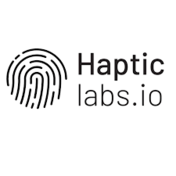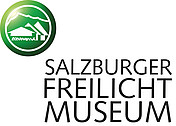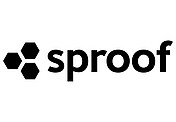The curriculum is based on a research and an industry pillar, including several courses targeting both areas. Students will undertake one research and one industry project under the supervision of academic staff members.
Industry Project
The ‘Industry Project’ course offers students the unique opportunity to work on real projects with industry partners during their studies. In cooperation with the Paris Lodron University of Salzburg, this practice-oriented course takes place in the winter semester (October to January) and comprises 6 ECTS (approx. 150 working hours).
In this course, companies present real issues, problems or project ideas that require expertise in the field of human-computer interaction. Students work on these challenges in teams, gaining practical experience in the areas of interaction design, context analysis, prototyping, etc. Students work closely with the company partners, receive ongoing feedback and benefit from professional supervision throughout the project.
At the end of the semester, the students present their solutions to company representatives at a joint event - a valuable opportunity to present concrete project results to a specialist audience and gain practical insights into the world of Human-Computer Interaction.
Interested in working with us? Get in touch and let us know how we can help you.

Head of Academic Area Human-centered Technologies
Senior Lecturer
Department Creative Technologies
| Location: | Campus Urstein |
|---|---|
| Room: | Urstein - 318 |
| T: | +43-50-2211-1259 |
| E: | bernhard.maurer@fh-salzburg.ac.at |
So far, our students have been able to work with the following companies:



















Research Project
The HCI Research Project focuses on the practical application of theoretical, technological and methodological knowledge to tackle a complex HCI research question.
Students are supported by faculty staff to publish their work at major academic conference in the field of human-computer interaction.
Selected publications out of the the HCI research project:
- Mieke Fimpel, Nathan Flach, Mats Reckzügel, and Bernhard Maurer. 2023. “Hey, can we talk?”: Exploring How Revealing Implicit Emotional Responses Tangibly Could Foster Empathy During Mobile Texting. In Proceedings of the Seventeenth International Conference on Tangible, Embedded, and Embodied Interaction (TEI '23). Association for Computing Machinery, New York, NY, USA, Article 53, 1–7. https://doi.org/10.1145/3569009.3573124
- Cansu Demir, Sonja Lang, Isabel Melibeu, and Alexander Meschtscherjakov. 2023. AUTOMATE - AN EMPATHIC FIRST-AID COMMUNICATION SYSTEM TO REDUCE THE BYSTANDER EFFECT IN CAR ACCIDENTS. In Extended Abstracts of the 2023 CHI Conference on Human Factors in Computing Systems (CHI EA '23). Association for Computing Machinery, New York, NY, USA, Article 47, 1–7. https://doi.org/10.1145/3544549.3585777
- Dziabiola, M., Steiner, R., Vetter, R., Norskov, D., & Smit, D. (2022, February). Qude: Exploring Tactile Code in Long-Distance Relationships. In Proceedings of the Sixteenth International Conference on Tangible, Embedded, and Embodied Interaction (pp. 1-7).
